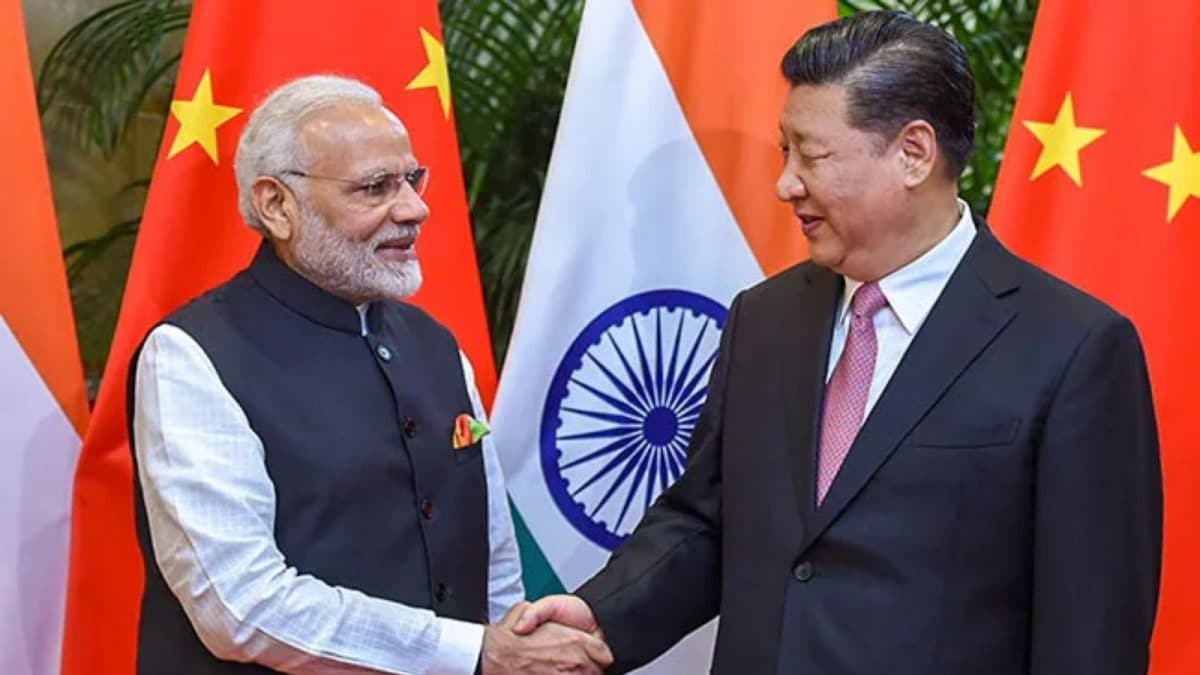Bangladesh “now stands on a crossroad” and the country must decide whether to return to its secular founding ideals or continue down a path that risks “religious apartheid and cultural extinction”, Bangladeshi MP Pankaj Nath said on Sunday.
Bangladesh faces a decisive moment in its history and must choose whether to reclaim its secular founding values or risk descending into “religious apartheid and cultural extinction,” parliamentarian Pankaj Nath warned on Sunday.
Nath, who was addressing a web conference hosted by Human Rights Defence International (HRDI) on the plight of Hindus in Bangladesh, said the situation had reached an alarming scale.
He alleged that in the past year alone, more than 3,000 cases of killings, sexual assaults, land seizures, and attacks on Hindu homes, businesses and temples had been recorded.
Calling the scale of violence “appalling,” Nath said the country now stood at a crossroads, with the choice of either reaffirming its secular roots or continuing down a path of deepening communal divisions.
”It can choose to return to the secular world’s ideals upon which it was founded, or it can follow the path that has already led other nations into religious apartheid and cultural extinction,” he said.
He accused BNP-Jamaat activists and radical groups of orchestrating the violence ”under the cover of government protection” while law enforcement ”remained silent.” Nath warned that decades of discrimination have made the Hindu community politically invisible.
”Despite a significant minority population, the number of Hindu representatives in parliament and government bodies has been disproportionately low,” he said, adding that fabricated online content is increasingly being used to incite riots against Hindus.
He called for urgent institutional reforms, including a Special Minority Security Act, a Minority Commission and reserved parliamentary seats for Hindus. ”and empowerment in all government sectors, we can truly empower minorities,” he said.
”The question today is not whether minorities in Bangladesh are at risk. They are obviously at risk. The point is not whether, but how fast minorities in Bangladesh will be erased.” Other panelists echoed these concerns. HRDI Secretary General Rajesh Gogna described the situation as a ”human rights emergency,” saying each wave of violence has been followed by an exodus.
”When Hindu temples were burnt and vandalised, police personnel were just standing there, silently watching. This administrative silence is complicity,” he said.
Former University of Dhaka registrar Probir Sarkar highlighted ”systemic discrimination” in the country’s academic institutions.
”Before 2009, almost 50 minority teachers were at our university. But after August 2024, we have seen hundreds forced to resign under pressure,” he said, warning that the decline in minority representation in schools and universities would deepen marginalization.
US-based activist Sitangshu Guha described the crisis as an existential one.
”The situation of Hindus in Bangladesh is not a human rights situation anymore. It is an existential threat. Hindus are on the verge of extinction in Bangladesh,” he said.
With inputs from agencies
End of Article

)

